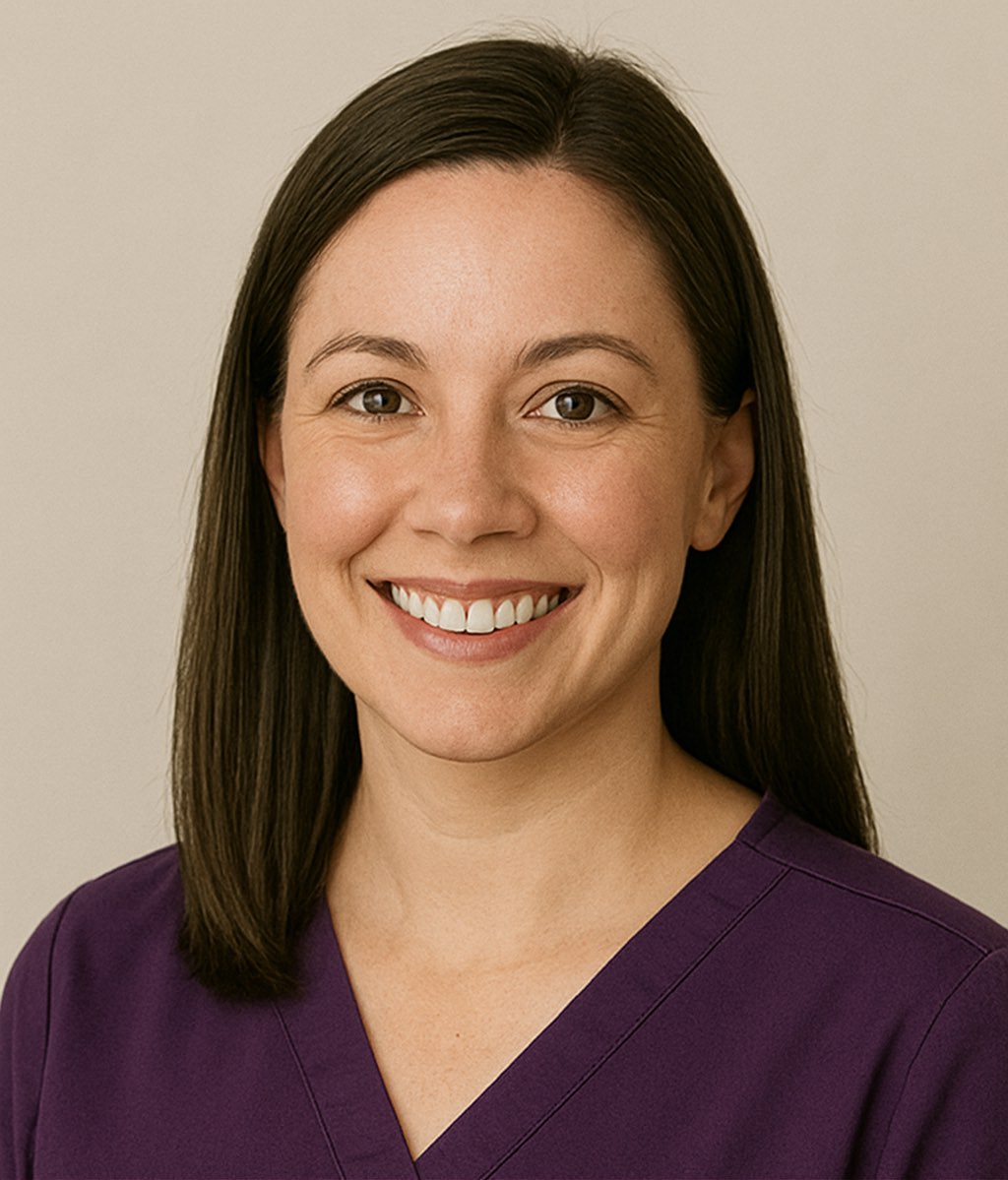

Hannah Pierce, BSN
June 23, 2025
Certified Nursing Assistant (CNA) programs prepare individuals to provide essential care for patients in a variety of healthcare environments. In Minnesota, CNAs play a critical role in supporting both patients and licensed nurses by assisting with daily activities like feeding, bathing, mobility, and monitoring vital signs. They are often found working in nursing homes, long-term care facilities, hospitals, and home health care settings.
Cloquet, MN - Public 4-Year - fdltcc.edu
Online & Campus Based - Visit Website
Fond du Lac Tribal and Community College's Nursing Assistant certificate offers an accelerated pathway into healthcare, strategically designed for rapid professional entry. The program rigorously prepares students through a meticulously structured curriculum meeting Minnesota Department of Health standards. Spanning 75 comprehensive training hours, including 16 critical clinical training sessions, students develop essential nursing skills in fully equipped nursing labs. The hybrid program format provides flexibility, allowing participants to gain practical competencies while positioning themselves for immediate employment in diverse healthcare environments.
Austin, MN - Public 2-Year - riverland.edu
Campus Based - Visit Website
Riverland Community College's Nursing Assistant Certificate emerges as a strategic launchpad for aspiring healthcare professionals, delivering a rigorous 4-credit curriculum designed to rapidly propel students into clinical roles. Through meticulously crafted training modules, students develop comprehensive patient care competencies, preparing comprehensively for the Minnesota Nursing Assistant Competency Exam. The program's pragmatic approach emphasizes hands-on learning, enabling students to master essential clinical skills across diverse healthcare environments including nursing homes, hospitals, and rehabilitation centers. With multiple campus locations and a curriculum strategically aligned with industry demands, graduates gain a competitive edge in the dynamic healthcare job market.
, - Invalid sector ID -

Minnesota does offer hybrid CNA training programs that combine online coursework with in-person lab and clinical experiences. While the theoretical portion of CNA education can sometimes be completed online, all hands-on training must be conducted face-to-face to meet state certification requirements. These hybrid formats are especially helpful for students with work or family obligations, offering flexibility without compromising essential clinical experience. Many programs also offer evening or weekend classes to accommodate diverse schedules. This accessibility makes it easier for working adults or those with caregiving responsibilities to pursue a healthcare career.
| School Name | Highlights | Retention & Grad Rates |
|---|---|---|
| Riverland Community College |
|
|
| Fond du Lac Tribal and Community College |
|
|
| Eligibility Prerequisites | At least 16, cleared DHS fingerprint background study, meet immunization and health requirements, and graduate from a Minnesota-approved CNA program |
|---|---|
| Certifying Board | Minnesota Department of Health Nurse Aide Registry |
| Training Program Requirements | 75 hours total (minimum 16 supervised clinical hours) in a state-approved NATCEP |
| Exam and Application Fees | Combined knowledge and skills test fee (approximately $265), additional retest fees apply |
| Certification Exam | Pass both the multiple-choice knowledge test and the hands-on skills evaluation |
| Registry Activation Time | Name appears on the registry within two business days of exam completion |
| Renewal Requirements | Complete at least eight hours of paid nursing-related work every 24 months to remain active |
| License by Endorsement | Out-of-state CNAs apply via interstate endorsement with no processing fee and no retesting required |
Certified Nursing Assistants in Minnesota enjoy strong job prospects and competitive pay, especially for an entry-level healthcare role. On average, CNAs in the state earn about $22 per hour, with higher wages often found in metropolitan areas like Minneapolis and St. Paul. In rural regions, wages may be slightly lower but remain stable and competitive. Demand for CNAs remains high due to an aging population and increasing needs in long-term care and home health services. Facilities across the state frequently offer sign-on bonuses, benefits, and flexible schedules to attract qualified staff. Job stability and immediate employment opportunities make CNA certification a practical choice for those seeking a reliable career. With thousands of job openings statewide, Minnesota continues to be a favorable environment for new CNAs entering the workforce and building long-term careers in healthcare.
| Salary & Career Outlook | Minnesota | USA |
|---|---|---|
| Avg Annual CNA Salary | $36,200 | $62,340 |
| Avg Hourly Wage | $17.40 | $29.97 |
| 90th Percentile Salary | >$43,500 | $80,510 |
| Median Salary | $36,200 | $62,340 |
| 10th Percentile Salary | <$29,500 | $47,960 |
| Projected Job Growth (2022–2032) | ~4% | 3% |
| Annual Job Openings | ~4,400 | ~54,000 |
Data from Indeed.com and Bureau of Labor Statistics (BLS)

| School Name | Highlights | Annual Estimated Tuition & Fees |
|---|---|---|
- | ||
| Fond du Lac Tribal and Community College |
|
|
| Riverland Community College |
|
|
Starting as a CNA in Minnesota can be a valuable stepping stone to more advanced nursing and healthcare careers. Many individuals use their CNA experience to transition into Licensed Practical Nurse (LPN) or Registered Nurse (RN) programs. Some Minnesota nursing programs even require CNA certification as a prerequisite, valuing the clinical experience and foundational skills it provides. Community and technical colleges often offer bridge programs that build on CNA training, allowing for quicker advancement. Healthcare employers may support further education by offering tuition assistance or flexible work schedules. This support helps CNAs balance job responsibilities while pursuing additional credentials. Other roles such as medication aide, patient care technician, or unit coordinator are also potential pathways. Through continued education and experience, CNAs can progress into higher-paying positions with greater responsibility, contributing to Minnesota’s healthcare system in increasingly impactful ways.
Additional Nursing Programs in Minnesota
Campus Based - Website
Online & Campus Based - Website